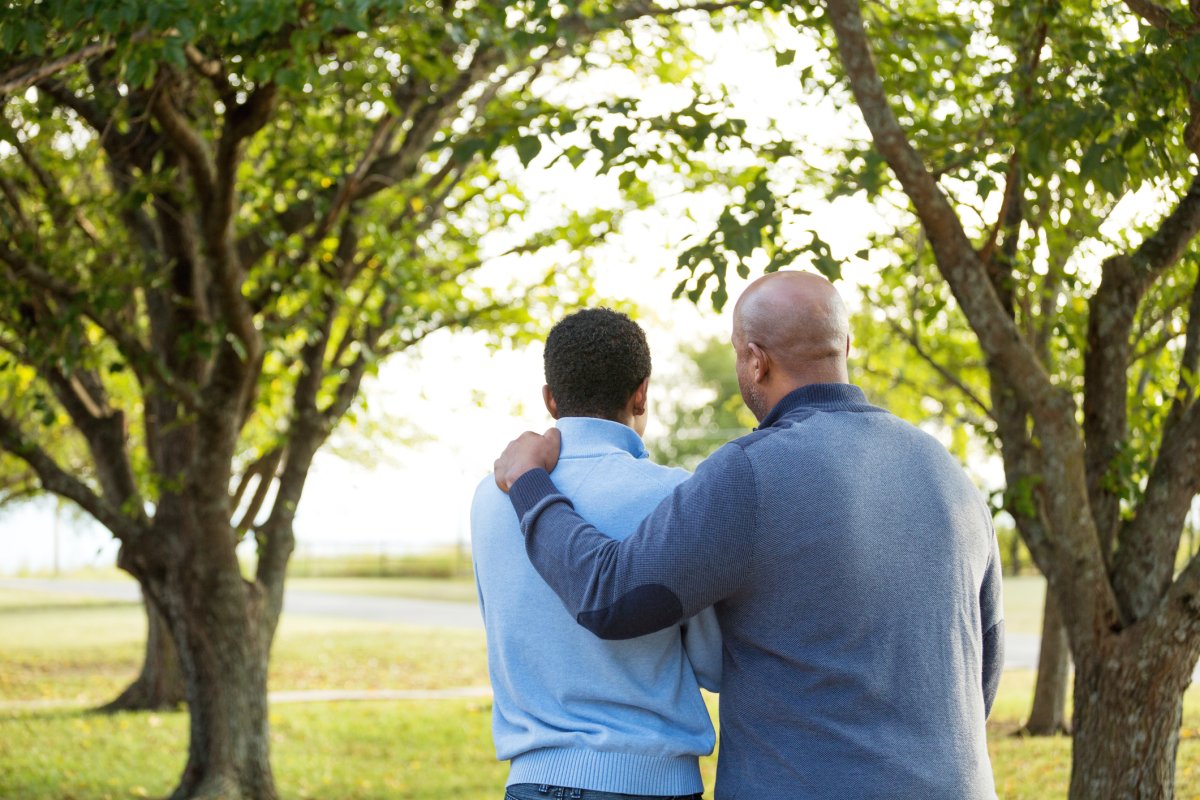Following Monday’s deadly van attack in Toronto leaving 10 dead and 15 injured, experts say many children will have questions about tragedies.

Child psychologist Dr. Jillian Roberts, founder of parenting resource website Family Sparks, says if a child does have a question about what happened, set aside time to talk in person.
“Try not to handle this quickly in passing, by FaceTime or on the phone. Talk to your child in person to establish the right atmosphere to have a proper conversation.”
During a court appearance on Tuesday, the suspect, Alek Minassian, 25, was charged with 10 counts of first-degree murder and 13 counts of attempted murder after driving a rental van down a busy sidewalk.
READ MORE: Feeling distressed or scared after Toronto’s van attack? Here’s how to get help
Roberts adds it’s a parent or guardian’s responsibility to validate any emotions the child is expressing, and this can range from anger to sadness to confusion.
“There is no right or wrong way to react to a situation like this.”
According to a statement by the Toronto District School Board to Global News, support will be available to students and staff at Earl Haig Secondary School, which is located near the scene of Monday’s attack.
The school also confirmed they’re not aware of any students being injured in the attack.
“First, we want to extend our thoughts and condolences to all of those impacted by yesterday’s events on Yonge Street. At the TDSB, we have provided principals with resources that can be helpful in a school setting to engage students and staff who have questions or need to share their emotions or thoughts about this tragedy,” a statement said.
The TDSB’s professional support service staff have also released tips for parents on how to have these tough conversations with their children.
“Out of respect for the victims and their families, we have lowered our flags at all Board offices and schools.”
Asking questions
And when a child does ask a question, Roberts continues, thank them.
READ MORE: Feeling distressed or scared after Toronto’s van attack? Here’s how to get help
“Make sure they know it is OK to ask questions. Answer their questions in a ‘just enough’ way. Do not speculate in any way, stick to the facts that are known. Sometimes, kids ask the same question over and over. This is OK. Be patient. It is their way of processing the information.”
Sometimes parents will get asked, “why do bad things happen?” If this is the case, it’s OK to admit you don’t know the answer to this question.
“I find it helpful to respond with something like, ‘There are both good people and bad people in the world. I believe that there are thousands times more good people than bad.'”
READ MORE: In the wake of the Toronto van attack, good deeds surge. You can help too
Lauren Millman of Lauren Millman Counselling and Psychological Services in Thornhill, Ont., adds depending on the child’s age, parents should be mindful how their child reacts to Monday’s incident.
“Their perception of the event is going to vary from child to child, even in the same family. Maintain your composure and listen to the child,” she tells Global News. “Be mindful of the language you are using … you don’t want to further scare or traumatize the child.”
Millman says if your child is asking questions about the suspect in particular, it is important to remind them this was an individual attack, and the suspect is now with police.
Moving forward
Children also need guidance on how to identify helpers, Roberts adds, and this is when parents can talk about first responders and health-care workers.
“Show children all the good people helping right now.”
Millman says some children may not bring up the topic at all, and if this is the case, parents should let their child know they are available whenever they are ready to talk.
“Everyone processes trauma and grief differently, if your child isn’t bringing it up, it doesn’t mean they don’t want to talk about it … it is their process of sorting.”
And most importantly, tell your child they are safe.
“Explain how the police officers caught the person responsible very, very quickly,” Roberts says.
READ MORE: First of 10 victims killed in Toronto van attack identified as Anne Marie D’Amico
“And, how our amazing police officers are doing everything they can to keep our communities safe and secure. Maybe even send a thank you note or a tweet to your local police department to say ‘thank you!'”













Comments